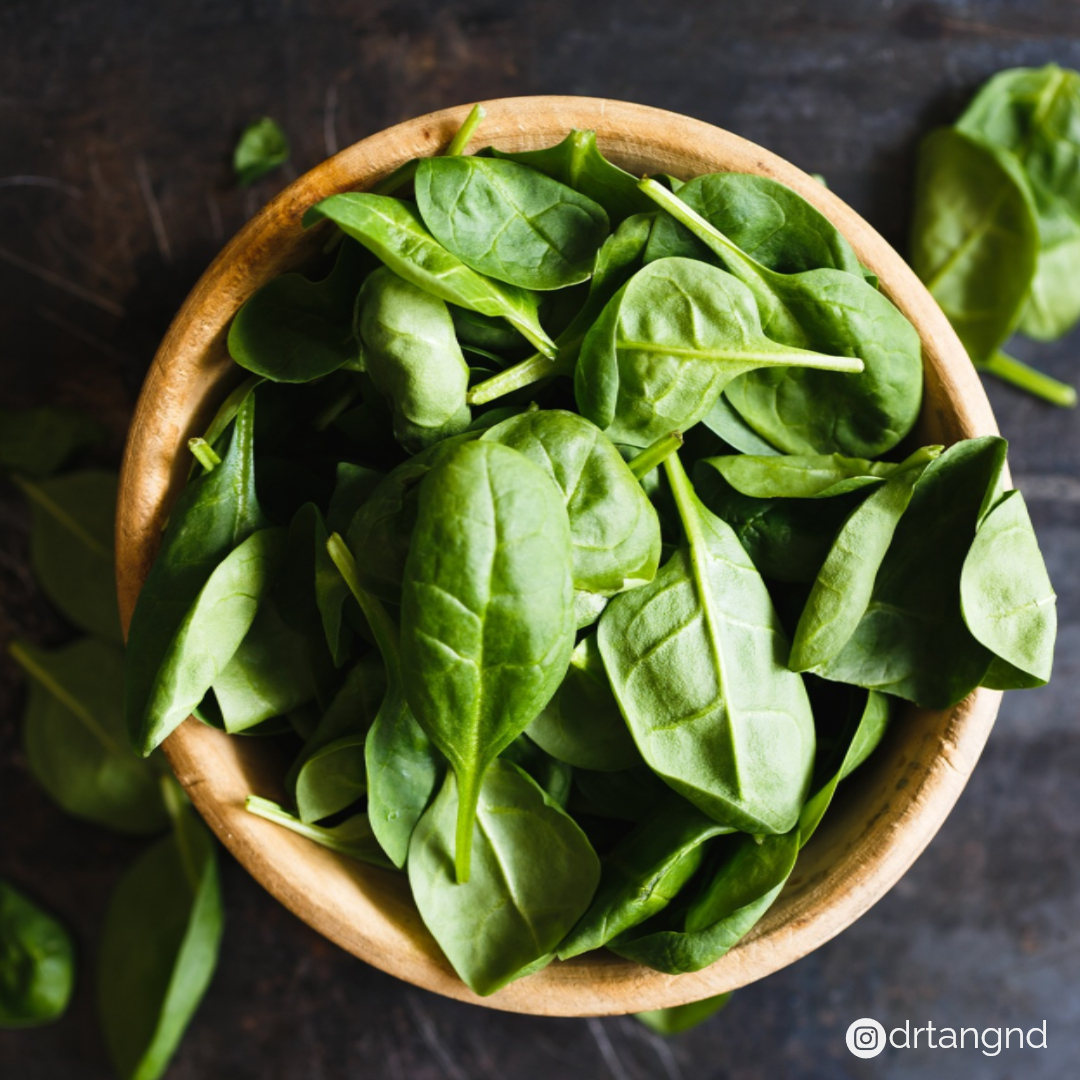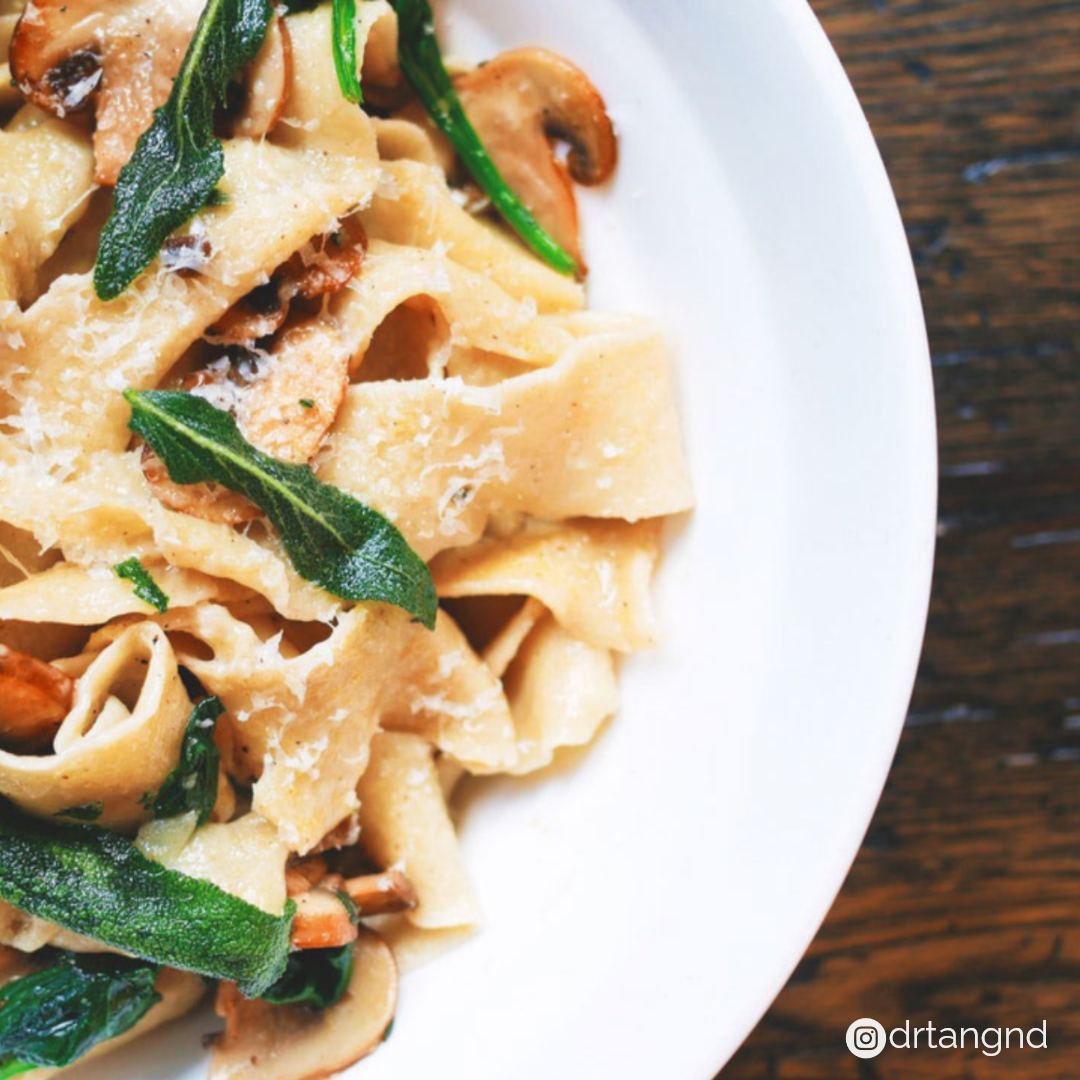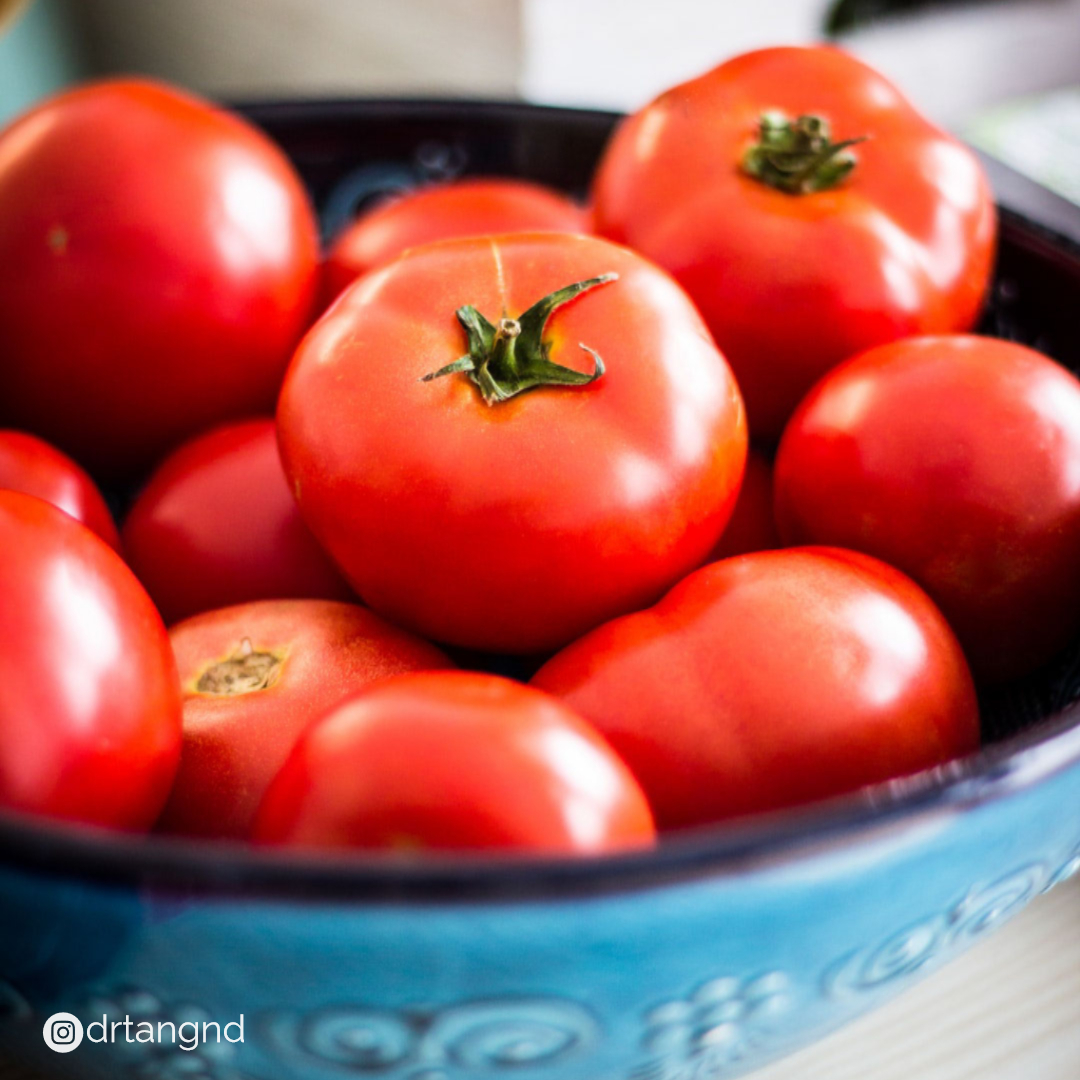Although the word “diet” is often synonymous with “wanting to lose weight”, there are numerous reasons why someone would choose to follow a certain diet. The important thing to always remember is that there’s not a one-size-fits-all approach in terms of what the “best” diet out there is, and there never will be. Each body is different in terms of responsiveness, environmental and genetic factors, personal goals, lifestyle, etc.
However, whether it be due to enhancing athletic performance, overall health, or due to a specific health concern, one of the diets I constantly recommend is called “the elimination diet”. From auto-immune disease, to skin concerns such as eczema, psoriasis, and acne, to digestive symptoms including bloating, constipation/diarrhea, acid reflux, etc, the elimination diet is a fantastic way to help your body reset, decrease inflammation, and help you feel like your best self.
(more…)









